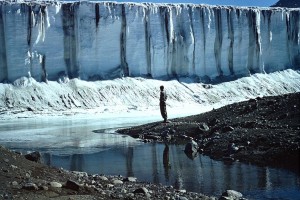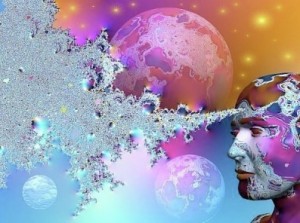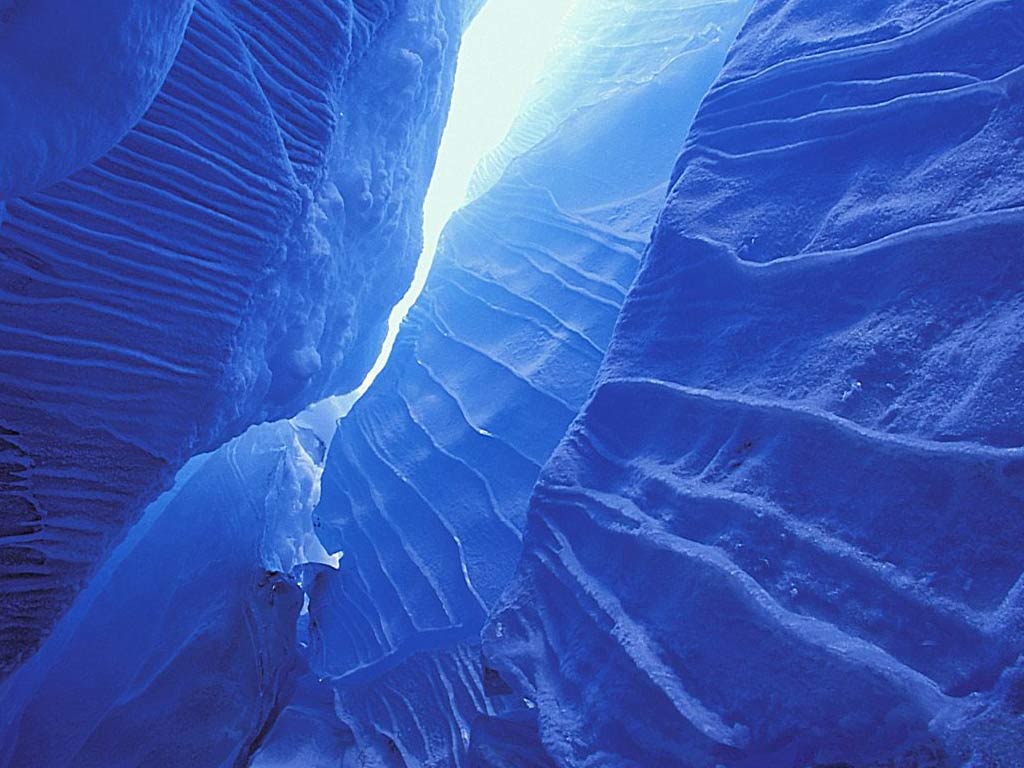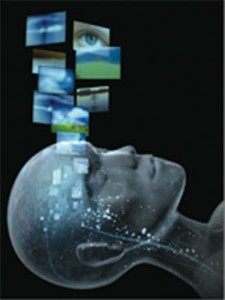Questioner one: Is the darkness and deadness in human consciousness, which can fairly be said to be human consciousness now, increasing, or being dispelled?
Questioner two: Can we see human consciousness as a whole, or do we have to look at the relative aliveness and cohesiveness of each culture?
 Q-1: I question whether culture exists anymore, at least in the traditional or anthropological sense of the word.
Q-1: I question whether culture exists anymore, at least in the traditional or anthropological sense of the word.
Q-2: Are you saying that the ancient diversities that geography, language, and custom conferred been eroded and replaced by some kind of deep sameness?
Q-1: Throughout history perceptive people have realized that humans are essentially the same everywhere, that there is a commonality to human nature. But something different is going on now, a kind of top-down sameness that is quickly eroding the richness of what it has meant to be human, both good and bad. In this sense, darkness and deadness have been increasing exponentially, and what used to be called the human spirit is in peril. Without being apocalyptic, is this the end of the long story of man?
Q-2: Darkness has to be dispelled.
Q-1: Obviously, but can it at this point in human civilization? Many people throughout history, having come to the conclusion that nothing can be done to stem the tide, became sannyasis–in Christian terms, renunciates.
Q-2: It has to do with the world?
Q-1: Yes, they looked to preserving and growing the spirit within them for future generations and the future of humanity, often in some kind of cloistered community, because they saw it would be extinguished otherwise. Indeed, it’s said the monasteries of Western Europe, especially Ireland, preserved the heritage of Western civilization handed down from the Greeks and Romans and the Renaissance during the Dark Ages.
Q-2: Does humanity have a future, if ‘human nature’ doesn’t radically change now?
Q-1: I don’t know; and perhaps we can’t know until it’s too late. Which means we have to act as though this is it, to the degree we possibly can.
Q-2: It comes back to the question of what it means to be religious, or spiritual, if you like.
Q-1: I read this from a prominent pundit in America today: “Faith hinges on the human intellect and its ability to filter timeless values through modern understanding.” That sounds clever, but it’s false. It puts the human intellect first, and fails to see that ‘modern understanding’ is anything but growing confusion.
Q-2: So what does it mean to be religious or spiritual?
Q-1: And is it even necessary? Many people believe, reasonably, that religions are irrational, and spirituality a lot of mush. Though that’s largely true, without an inner dimension in the individual, the outer disorder of man becomes all there is. Besides, disorder or creativity in society originates within the human being.
So can we say that spirituality is simply the existence and growth of an inner life? By that definition, there are an awful lot of walking dead, in and out of the churches.
Q-2: Returning to the question of renunciates, does it have to do with the fact that there’s no place for a sensitive person in the world, or is it that the sensitive person cannot handle the world?
Q-1: It could be both, though it’s surprising how many people in monasteries were successful in some way before they renounced the world. But we’re asking whether the darkness of human consciousness has become so overwhelming that only the strongest survive, perhaps even in monasteries.
Q-1: Though the deniers and avoiders still rule, it has a parallel with glaciers and global warming, in an opposite kind of way. If human consciousness is a glacier of darkness and coldness miles thick, is it melting or growing?
Q-2: Was it ever anything different than it is now?
Q-1: Clearly a lot more cultural variation existed when geography was predominant. Some cultures were violent and aggressive, some spiritual and pacifistic. That diversity is gone, and it’s simply wishful thinking to believe it can be preserved and prevail again.
Q-2: So is human consciousness one thing now?
Q-1: At the deepest level, it always was, but not that long ago there were levels of variation. In recent decades, human consciousness has become an increasingly homogenous darkness, dominated by a single global culture largely emanating from America. So in that sense the glacier has been growing, right?
Q-1: And you’re saying that the only way to keep from becoming inwardly frozen, and continue growing spiritually, may be to renounce the world?
Q-1: Perhaps, as people have done throughout history when change has become impossible and one is in danger of being crushed. So the question of whether the glacier of human consciousness is melting is not an abstract intellectual issue. Is it melting in us?
Q-2: I haven’t really had an inner life, so darkness and deadness have been increasing within me. But something seems to be happening at the core.
Q-1: The core of yourself or the core of human consciousness?
Q-2: Both.
Q-1: Perhaps, but a glacier either grows or melts; it never stays the same. Less than 15,000 years ago, New York was under a mile of ice. As the glaciers melted, water from the receding glaciers formed the Great Lakes, and initially flowed down the Mississippi to the Gulf of Mexico. But literally one day a great ice dam burst–between Lakes Erie and Ontario I think–and water began to flow into the Atlantic.
That kick started the North Atlantic current, which warms Europe to this day. With the physical melting of the Arctic and Greenland glaciers however, we could be plunged very quickly into another ice age. Or the earth’s weather may just get more and more weird, and destructive.
So since the inner determines the outer, it’s very important to find out: Are the glaciers of darkness within melting or not? If they are, global warming would be halted, and the earth would restore its natural equilibrium. Many people are saying it’s already too late, but they’re wrong.
Martin LeFevre



1 comment
[…] The Costa Rican Times […]